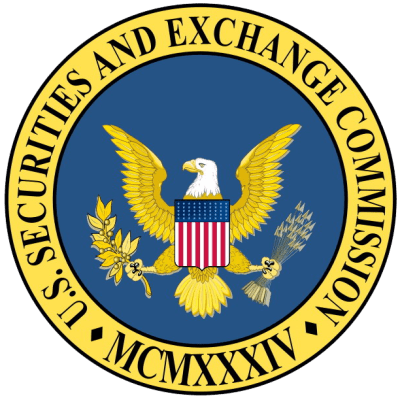Editor’s note: Naval Ravikant is the co-founder and CEO of AngelList. Follow him on Twitter @naval. Kevin Laws is COO of AngelList. Follow him on Twitter @kalaws.
On Monday, the legal framework for startup fundraising will change. Because of the JOBS Act, you will be able to publicly announce that you’re raising. This is not crowdfunding — you still have to raise from accredited (“rich”) investors. But, by raising in public, you will have to work harder to verify that your investors are accredited.
It has always been perfectly legal to publicly announce that you have money and are looking to invest. But it’s not been legal to announce that you have an investment opportunity and are looking for money. This is the ban against “general solicitation.” That’s why you don’t see ads to invest in hedge funds or startups, and why AngelList locks down sensitive parts of company profiles to accredited investors only. Now, the ban is being lifted.
If you generally solicit, you will be unable to take your investors’ word on accreditation.
Demo days, pitch events, and the like are now out of a gray area, but they are entering another gray area. Companies engaging in general solicitation will be required by law to ensure their investors are accredited. Failure to do so could cost you your securities law exemption and allow any of your investors to unwind your entire financing down the road.
If you generally solicit, you will be unable to take your investors’ word on accreditation. The SEC didn’t tell us exactly what’s required; they said the company should take “reasonable steps.” Most examples from the SEC include reviewing credit reports, tax filings and bank balances — hoops that angel investors may not jump through.
You can consult your lawyer, but here are examples of reasonable steps that may be more feasible:
1. If public filings with regulators show the investor as accredited, you’re done. You can get Marissa Mayer’s salary data as CEO of Yahoo! or see that a VC fund raised $100 million.
2. Written confirmation of accredited status from a registered broker-dealer, registered investment adviser, attorney or CPA would work. Many broker/dealers that deal with the startup world are rolling out services to do accreditation verification (for a fee).
3. AngelList will support a free verification process for our investor base. Investors won’t need to re-verify for each deal. We will also run all of our online investing activities (Syndicates and Invest Online) on a fee and cost-free basis to both startups and investors and attempt to recover those costs down the road with a 5 percent to 10 percent carry (piece of the profits, if any) on each investment.
The Angel Capital Association and others have mounted a campaign against these new requirements to no avail. Investors will be surprised the first time they’re asked to provide evidence of accreditation to a startup (or to a third party).
Of course, you can always opt out of general solicitation. On AngelList, you can keep your profile private to accredited investors only. Outside of AngelList, just keep your fundraising off Twitter, Facebook, and the like. Then you’re free to continue with self-verification by investors.
Of course, you can always opt out of general solicitation.
The SEC has also proposed a new set of additional regulations for comment. The new proposed regulations allow the SEC to track generally solicited offerings to protect the public.
The proposals require that startups tell the SEC 15 days before any public mention of a financing and to update the SEC with every single thing they tell investors publicly in any form. The penalty for not complying with these and other requirements is a one-year ban on fundraising.
These regulations are not yet adopted and hopefully won’t be; you can submit your comments to the SEC before Monday. The law is evolving, so if you talk about your ongoing financing publicly, make sure you’re up to date. Joe Wallin and Bill Carleton are following it closely.
Entrepreneurs are creative. It’s hard to predict what crazy stunts they’ll pull to get investor attention. Get ready for an even larger and noisier ecosystem.
